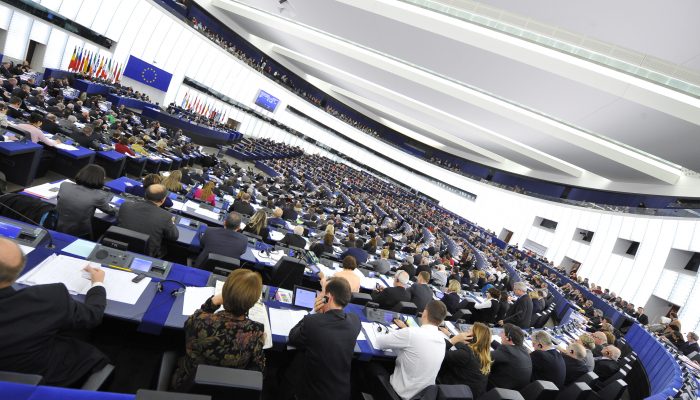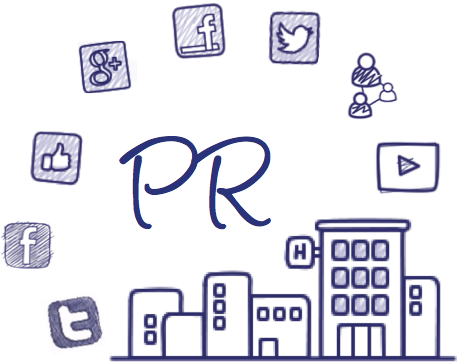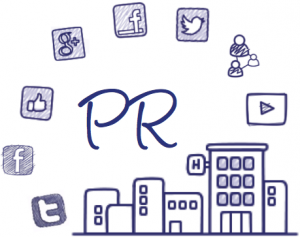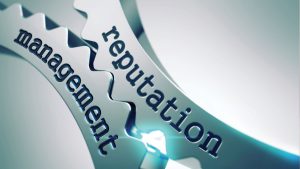 Are negative search results hurting your business? Does your company lack any presence in the search results at all? No matter what issues you face, having control of your online reputation is possible with the right strategy.
Are negative search results hurting your business? Does your company lack any presence in the search results at all? No matter what issues you face, having control of your online reputation is possible with the right strategy.
In this article we are going to provide some of the most effective online reputation management tips to help you use the search results to grow and protect your business.

What is Online Reputation Management?
The easiest way to explain online reputation management (ORM) is to show you. Go to Google, do a search for your name, your company’s name or your product’s name and take note of what shows up in the search results.
- Do you see something negative?
- Do you only see a couple, or no, results for a website or blog that you control?
If you answered ‘yes’ to either of these questions, then you have some work to do – specifically some online reputation management work.
Online reputation management is all about establishing yourself as a credible, authoritative resource for whatever it is you do and keeping the most relevant, useful results about you or your business on the first page of the search engines. Just about every transaction starts online now and if a prospective or current client sees something negative about you or your business as a top result, then you are taking a huge risk of losing that opportunity, and many others.
Tips to Manage Your Online Reputation
Reputation management has become a necessity for many businesses as mobile applications and websites allow competitors and customers to litter the Internet with whatever they please. This transparency is definitely a step in the right direction as it gives power back to the consumer. Unfortunately, there will always be that one company that relies on bashing their competitors or that one past client who makes their sole purpose in life to bring down your company because of one bad mistake you might have made.
On the positive side, a solid reputation management campaign can help your business not only bury negative or damaging search results, but it can place your most important business news, web assets and client interactions at the top of frequented search results pages.
Google has actually given the nod to reputation management by posting some advice of their own on how to manage your reputation through search results. Combining some of this advice with that of many other reputation management professionals, we are going to simplify online reputation management for you and provide you with the most useful and necessary tips.
Claim Your Brand Name
The first step to managing your online reputation is to claim your brand name online. Whether your brand is your name itself, your business name or your product name, you need to make sure that no one else has control of misrepresenting you online by controlling a piece of your brand.
To do this, use one of the following web services to lock up every instance of your brand name online:
Manage Your Brand Name
Once you have locked up the 300+ username accounts found through the resources above, the next thing to do is to manage them. Now, there is no possible way that you are going to properly manage all 300+ accounts so instead of spreading your time across all of these just focus on the top 10-25 (listed below). The 80-20 rule applies to these accounts as it does with many other things in business: the top 20% of these services will account for 80% or more of what is most effective.
Top Online Reputation Management Accounts
Monitor Your Brand Name
Claiming and managing your brand name are only 2 parts of the equation when it comes to establishing and improving your online reputation. One of the most important pieces of reputation management is actually monitoring your brand online. Monitoring search results, blog posts, tweets, status updates and other mentions online can be an extremely difficult and time consuming task. Fortunately, there are some fantastic tools available for businesses to properly monitor their brand name.
Top Brand Monitoring Tools
With all of these resources, you will need to enter in your top search terms that you want to monitor. For example, if your company is XYZ Clothing then one of your search terms would be “xyz clothing”. These resources will query the major search engines, blogs and online mentions to let you know what has been picked up by the search engines.
Repair Your Brand Name
Keeping your brand name and online reputation completely spotless can be challenging if your business has had a checkered past. Fortunately, as we have shown, there are many ways to manage and monitor your brand online. In the case where you do happen to come across something that is less than favorable for your company, immediate action needs to be taken so your company and brand do not suffer from the wrong kind of publicity. Before action can be taken and you get worried, it is important that you understand what can and cannot be done.
Top Tips for Removing or Burying Negative Search Results
- If you control where the result is coming from, then simply remove the mention of it from your site / blog
- If you don’t control the content, then send a request to the site’s webmaster.
- When the content has been removed, expedite the removal of the result by using the Google URL removal tool
- Create profiles (top ones mentioned above) to help push negative results off of the first page
- Post client testimonials on your website, blog, forum and social media profiles to bury negative comments
- PUBLISH QUALITY CONTENT….lots of it!
The best thing you can do to protect, manage and monitor your brand and online reputation is to post a lot of really good, interesting, useful content. This content should be / could be about pretty much anything that has to do with your business, clients, products, solutions, challenges, etc. There are literally thousands of things you can write about and post online. In addition, content does not just need to be text. Content can and should be videos, photos, podcasts, e-books and newsletters as well.
Create as many web assets for your brand as you can and keep them populated with great content. Do these 2 things consistently and your brand will be about as protected as it can get.

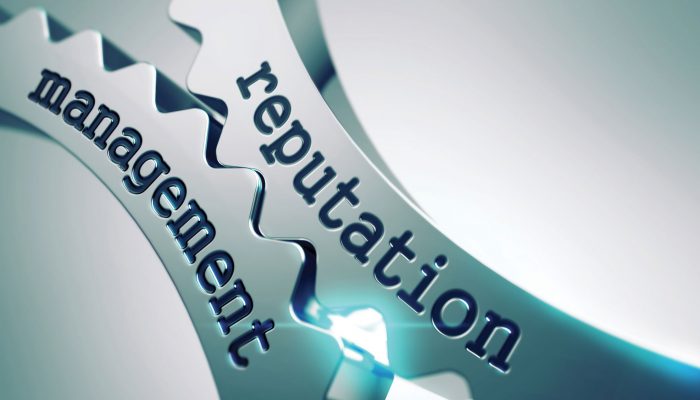

 Today there are more than 30 startups in the United States, Europe and China that are valued at $1 billion or more and that number is expected to increase. With 100 million startups opening up each year and 472 million entrepreneurs worldwide, competition to become the next big thing is brutal.
Today there are more than 30 startups in the United States, Europe and China that are valued at $1 billion or more and that number is expected to increase. With 100 million startups opening up each year and 472 million entrepreneurs worldwide, competition to become the next big thing is brutal.